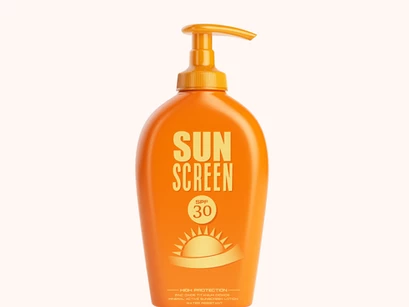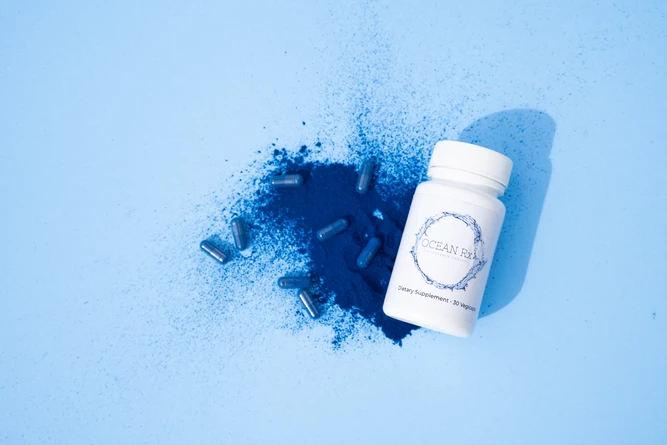Updated: Sep 18, 2020
By Sara Wilchowski, PA-C & Renata Block, PA-C Are you seeing discoloration patches on your face now that summer is over? Do you need make-up coverage every day? The appointment to see your Dermatologist is in the books, but what should you do now, and do OTC even treatments work? Should you do something now? Are OTC treatments worth it? Fear not, the Savvy Derm Diva will break this down for you.
Let me start by stating the truth. It is such a BITCH to treat skin discoloration (i.e., blotchiness, sun spots, etc.). A primary culprit of skin discoloration is UV light. However, it is also from inflammation, such as resolving acne lesions, friction (barrier compromise from products), hormones, and even aging. In the past, there were only a few prescription products that could help combat the pigment, such as topical hydroquinone, retinoids, or azelaic acid. There are various in-office procedures, such as chemical peels and a laser that may be effective. However, it may take you a while to get into your Derm office, so what is one to do now because the discoloration is driving you cray cray!!!
You can quickly start with products over the counter while you are waiting to see your Dermatologist. Response rate can vary in regards to compliance, the severity of pigmentation, and the proper use of SPF. When using products to lighten and discoloration, I strongly suggest that you approach slowly. These products are notorious for causing some irritation, and the last thing you want to do is compromise your skin barrier. A healthy barrier is essential for optimal skin function and balance. Are you ready? Here are some Over-The-Counter (OTC) ingredients to look into:
Hydroquinone (HQ)
HQ is a topical product that essentially bleaches the skin. So yes, you must be careful not to get this on the surrounding skin as it can lighten normal-appearing skin. This medication takes about 4-6 months of daily use with sunscreen to notices improvement. A 2% variant is available over the counter.
Retinoids
These should be apart of almost any skin complexion or anti-aging routine. Now available without a prescription, Differin Gel can be found in local stores. This medication allows the skin cells to turn over faster, which results in a healthier appearance. The key with these, as mentioned above, be patient. You will need to wait at least three months to see a response.
AHA (Alpha Hydroxy Acid)
These acids are derived from sugar cane and help with exfoliation of your skin, which in turn may help the topicals penetrate better. You can use it in combination with hydroquinone and retinoids. I usually recommend this as your cleanser.
Kojic Acid
An OTC Kojic acid has a low concentration and is available at higher levels through your dermatologist. It brightens the skin, but be careful if you are allergic to mushrooms or PCN as it can cause a rash like irritation, burning, itchy response. UGH!
Vitamin C
Brightens but depends on the concentration available. Not all Vitamin C is created equal! There are certain ingredients needed to make it stable, hence effective!
Turmeric
This is known to help minimize the appearance of dark spots but can react with the UV light (aka the sun), which can make your condition worse! ZOINKS!
Be careful with your purchases and make sure you are not doubling up on ingredients. For example, Porcelana OTC has derivatives of retinols, and applying too many retinoids can be very irritating. It also contains 2% Hydroquinone. Don’t be a fool, and make sure you read the ingredients, Divas! Lastly, make sure you have a physical SPF with Iron Oxide of at least 30 on, and don’t forget to reapply every 1-2 hours (indoors and out)!
As I mentioned, these may be the best to start with carefully. As providers, we may recommend OTC once we get your skin into maintenance mode. Never diagnose yourself, and if a condition is not getting better, please make an appointment with your healthcare provider immediately.
Diva Tip: Always Start these slowly and increase as tolerated as dryness and irritation are very common in the beginning. Your computer screen and smartphone may be contributing to discoloration, hence why I advise the Iron Oxide ingredient in your SPF. MUAH ????
Ms. Sara Wilchowski is a practicing Dermatology Physician Assistant in Michigan. Ms. Renata Block is the creator of Savvy Derm Diva and a Dermatology Physician Assistant in Chicago.



